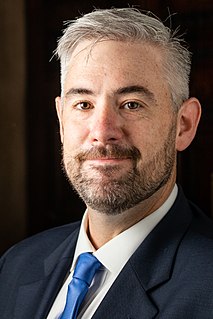A Quote by Mira Nair
With Vietnam, the Iraq War, so many American films about war are almost always from the American point of view. You almost never have a Middle Eastern character by name with a story.
Related Quotes
after a generation or two of shedding the deliberate political encumbrances to war ... of dropping Congress from the equation altogether, of super-empowering the presidency with total war-making power and with secret new war-making resources that answer to no one but him, of insulating the public from not only the cost of war but sometimes even the knowledge that it's happened - war making has become almost an autonomous function of the American state. It never stops.
We understand that Nixon's aggression against Vietnam is a racist aggression, that the American war in Vietnam is a racist war, a white man's war...We deplore that you are being used as cannon fodder for U.S. imperialism. We've seen photographs of American bombs and antipersonnel weapons being dropped, wantonly, accidentally perhaps, on your heads, on the heads of your comrades.
The Nisour Square shooting is a signature point in the Iraq war, one that inflamed anti-American sentiment abroad and contributed to the impression that Americans were reckless and unaccountable. The Iraqi government wanted to prosecute the security contractors in Iraq, but the American government refused to allow it.
The intelligence community is so vast that more people have top secret clearance than live in Washington. The U.S. will spend more on the war in Afghanistan this year, adjusting for inflation, than we spent on the Revolutionary War, the War of 1812, the Mexican-American War, the Civil War and the Spanish-American War combined.
The American people today are involved in a warfare more deadly than the war in Vietnam, but few of them seem aware of it and even fewer of them are doing anything about it. This is a war that is being waged against the American environment, against our lands, air, and water, which are the basis of that environment.
I think that the war on drugs is domestic Vietnam. And didn't we learn from Vietnam that, at a certain point in the war, we should stop and rethink our strategy, ask ``Why are we here, what are we doing, what's succeeded, what's failed?'' And we ought to do that with the domestic Vietnam, which is the war on drugs.
It is a key fact about American policy in Vietnam that the withdrawel of American troops was built into it from the start. None of the presidents who waged war in Vietnam contemplated an open-ended campaign; all promised the public that American troops would be able to leave in the not-too-remote future. The promise of withdrawel precluded a policy of occupation of the traditional colonial sort, in which a great power simply imposes its will on a small one indefinitely.





































